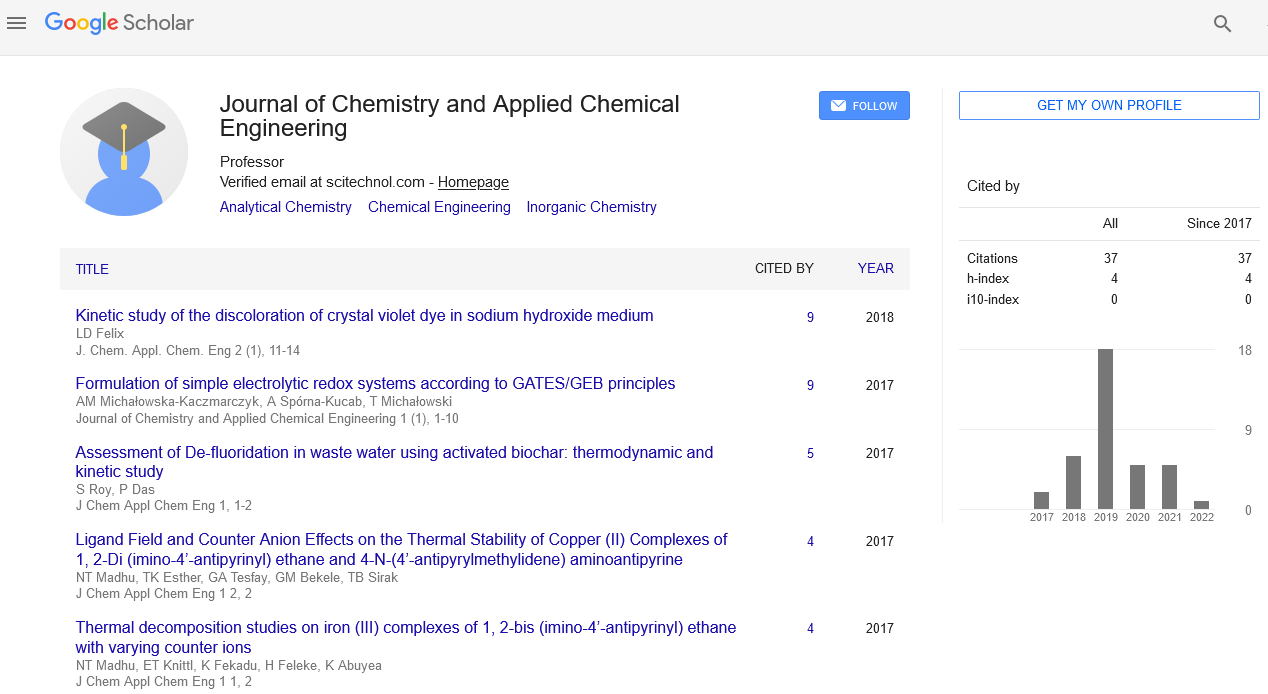The link between system thinking and improvement in healthcare
Ghada Elmandoury
Goconsult, UAE
: J Chem Appl Chem Eng
Abstract
Strong health systems are fundamental if we are to improve health outcomes. System thinking is a powerful tool which first untangles the complexity of a health system then applies that understanding to design better interventions and solutions to strengthen systems. Designing solutions to system problems suggests ways to be more realistically present to how health systems might respond to strengthening interventions while also exploring the potential dangers amongst these interventions. It shows how better evaluations of the health system strengthens initiatives which can yield valuable lessons about what works, how it works and who it works for. If we accept that no intervention is required and that every act of intervening has effects such as the intended and unintended, then it is essential that we begin to understand the full extent of those effects to get rid of any negative behavior and focus on any potential dangers. We have to understand the system to be able to improve and strengthen it. From that point onwards, we can design better interventions and evaluations for both strengthening interventions and interventions which target a specific disease or condition with the possibility of having system-wide effects. How we design those interventions and evaluate their effects is the challenge. The different methods and tools (Lean Six Sigma) are suited to different types of inquiry and involve both qualitative and quantitative techniques. The real question is not whether we should be using systems thinking, as broadly described here, but rather, which of the many theories, methods, and tools currently associated with the field of systems thinking are most useful in particular settings. At that point we need to be aware of the quality improvements tools and techniques. System thinking has huge, unfamiliar potential, first in breaking down the complexity of an entire health system then, in applying this understanding to design and evaluate interventions which improve health and its equity. It can also provide a way forward for operating more successfully and effectively in complex real-world situations. Moreover, it works to reveal the underlying characteristics and relationships of systems. In many particular fields of work, the system seems to constantly change with components which are tightly connected and sensitive to change elsewhere in the system. Systems are the dynamic architectures of interactions and dangers that’s framework of the health systems building blocks effectively of an overall health care construction. It anticipates how an intervention might flow through, react with and impinge on these subsystems is crucial and forms the opportunity to apply system thinking in a constructive way.
Biography
Ghada Elmandoury is a Biomedical Engineer; Certified Professional in Healthcare Quality (CPHQ), Certified Lean Six Sigma Black Belt (CSSBB), has Quality and Patient Safety certificate from (IHI). He has diverse experience in Healthcare System Improvement, Clinical System Reliability, Patient Safety, Clinical Care Improvement, Coaching & Culture Change Management, Building Capacities & Capabilities, Business Process Management, and Program Management across major GCC healthcare organizations.
E-mail: Ghada_ossama66@hotmail.com
 Spanish
Spanish  Chinese
Chinese  Russian
Russian  German
German  French
French  Japanese
Japanese  Portuguese
Portuguese  Hindi
Hindi 